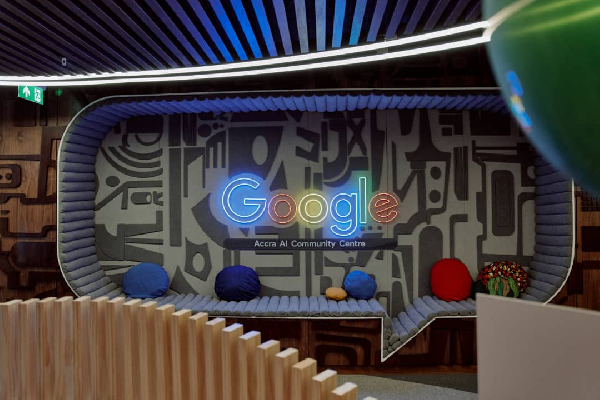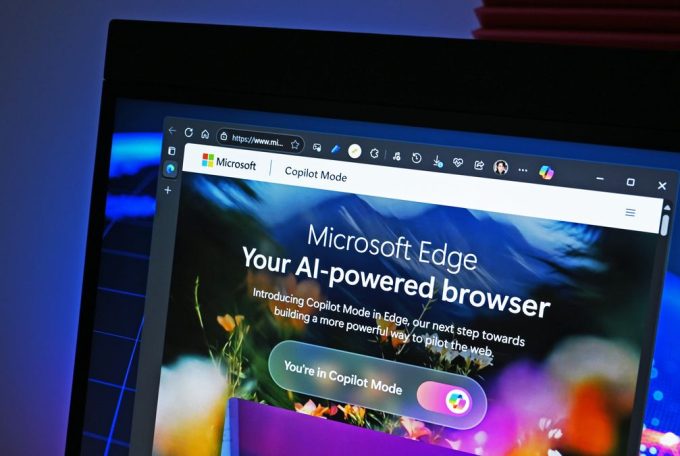Generative artificial intelligence technologies like ChatGPT are revolutionizing online search experiences. While these innovations offer exciting possibilities, they are also posing significant challenges for traditional news websites.
As AI-generated summaries become more prevalent in search results, many media publishers are finding their traffic—and consequently, their advertising revenue—dwindling at an alarming rate.
This shift threatens the very survival of many news organizations already struggling to stay afloat.
The Impact of AI Assistants on Online News Traffic
Generative AI assistants are increasingly replacing traditional search results, providing quick summaries and answers directly within the search interface.
Think of it as getting the gist of a news article without ever clicking through to the source. While convenient for users, this change has a downside.
Recent studies, including research from Pew Research Center, reveal that when AI summaries appear in Google searches, users are 50% less likely to click on the original source articles.
This trend translates into a massive loss of traffic for news websites, which rely heavily on ad impressions and subscriptions.
The Industry’s Response to AI Disruption
Faced with shrinking traffic and declining revenue, many publishers are debating their next move. Some, like the Boston Globe, have started experimenting with AI-powered channels to engage potential readers, but these efforts are still modest compared to the reach of major search engines.
Others are adopting new strategies such as Generative Engine Optimization (GEO)—a modern twist on traditional SEO that emphasizes creating well-structured, clearly labeled content optimized for AI understanding.
However, a fundamental question remains: Should publishers allow AI models like OpenAI’s crawlers to access and index their content? Many have chosen to block these bots to prevent unauthorized data collection and preserve the value of their content.
This stance leads to a delicate balancing act—protecting proprietary content while risking further decrease in visibility and reach.
Legal Battles and Licensing Agreements
The debate over AI content access is heating up on the legal front. Major media outlets, such as the New York Times, are involved in lawsuits against AI companies like OpenAI and tech giants like Microsoft.
Meanwhile, some publishers have begun negotiating licensing deals, allowing curated access to their content in exchange for fair compensation.
Such agreements include partnerships between the Associated Press, Google, and Amazon, indicating a move toward more structured content sharing agreements.
Opportunities for Collaboration and the Future of News
Despite the hurdles, there’s hope on the horizon. Recognizing the importance of the press, some platforms—like Google—are developing partnerships with news organizations to incorporate verified, high-quality journalism into their AI features.
Industry experts believe that AI platforms will increasingly realize the vital role of the press in providing accurate, trustworthy information.
Meanwhile, publishers are exploring new avenues to sustain themselves, including leveraging social media and forums like Reddit, which are heavily crawled by AI systems.
This multi-channel approach, combined with strategic licensing and improved content labeling, might help media outlets regain some control over their content’s destiny.
The Broader Implications for Society and News Credibility
The rise of AI-generated summaries also raises concerns about the quality and verification of news. With younger audiences—especially those under 25—using AI tools for their news intake, the risk of misinformation and confusion increases.
Without transparency about sources and proper journalistic standards, the public’s trust in news can erode, echoing issues social media faced years ago.
Final Thoughts
The advent of generative AI is undoubtedly reshaping the landscape of online news. While the challenges are daunting, they also present an opportunity for innovation and collaboration.
News organizations must adapt by embracing new strategies that balance content protection with visibility, ensuring their vital role in an AI-driven future.




